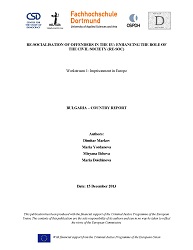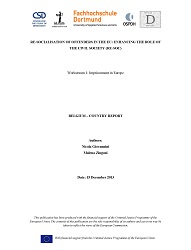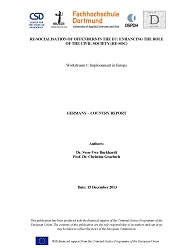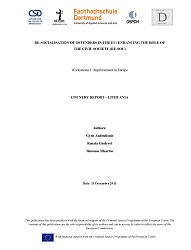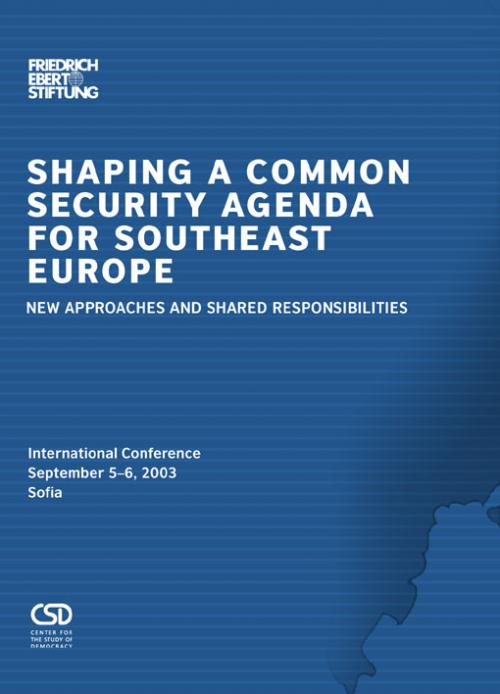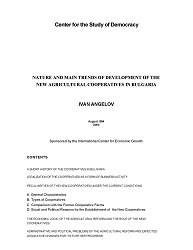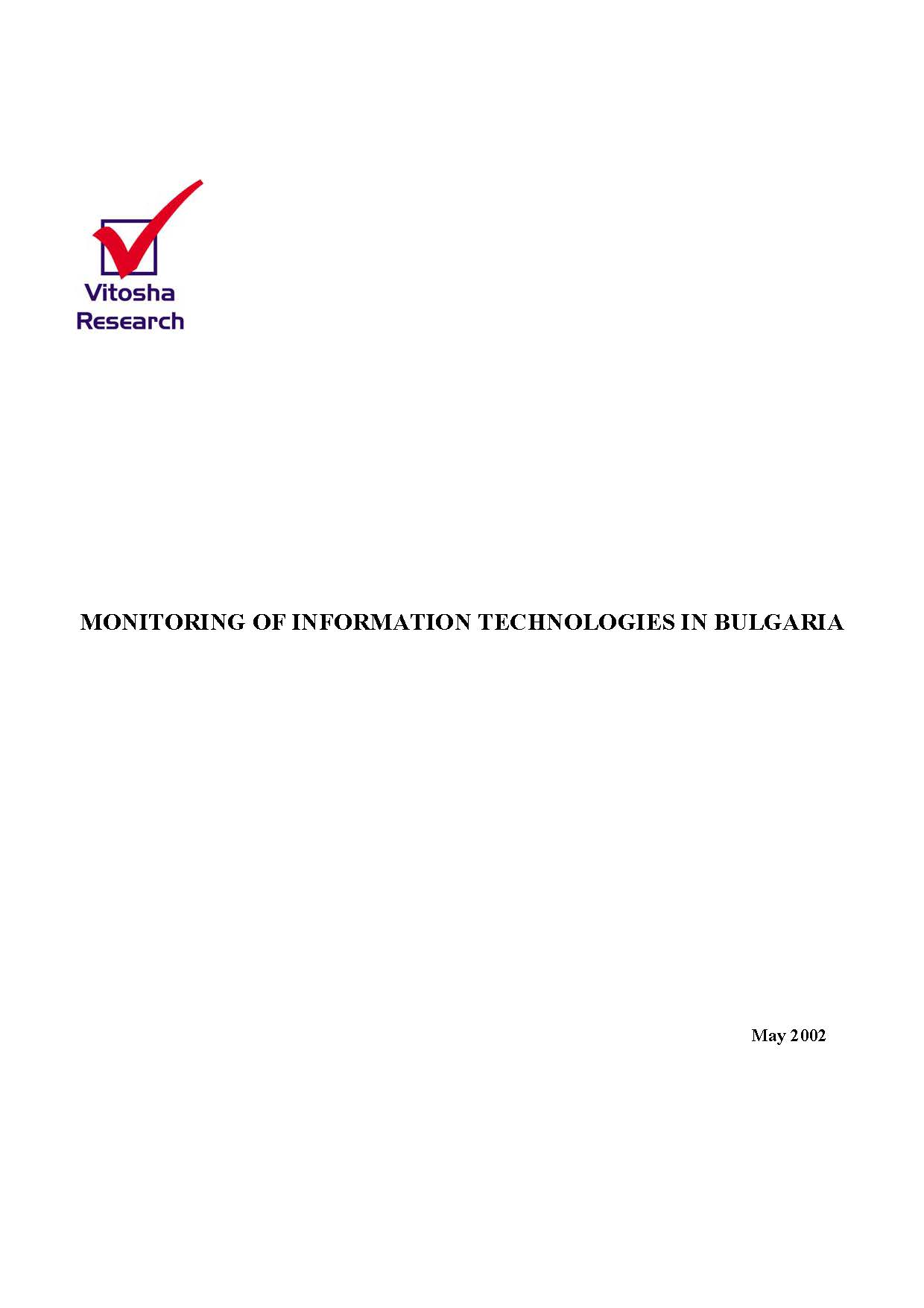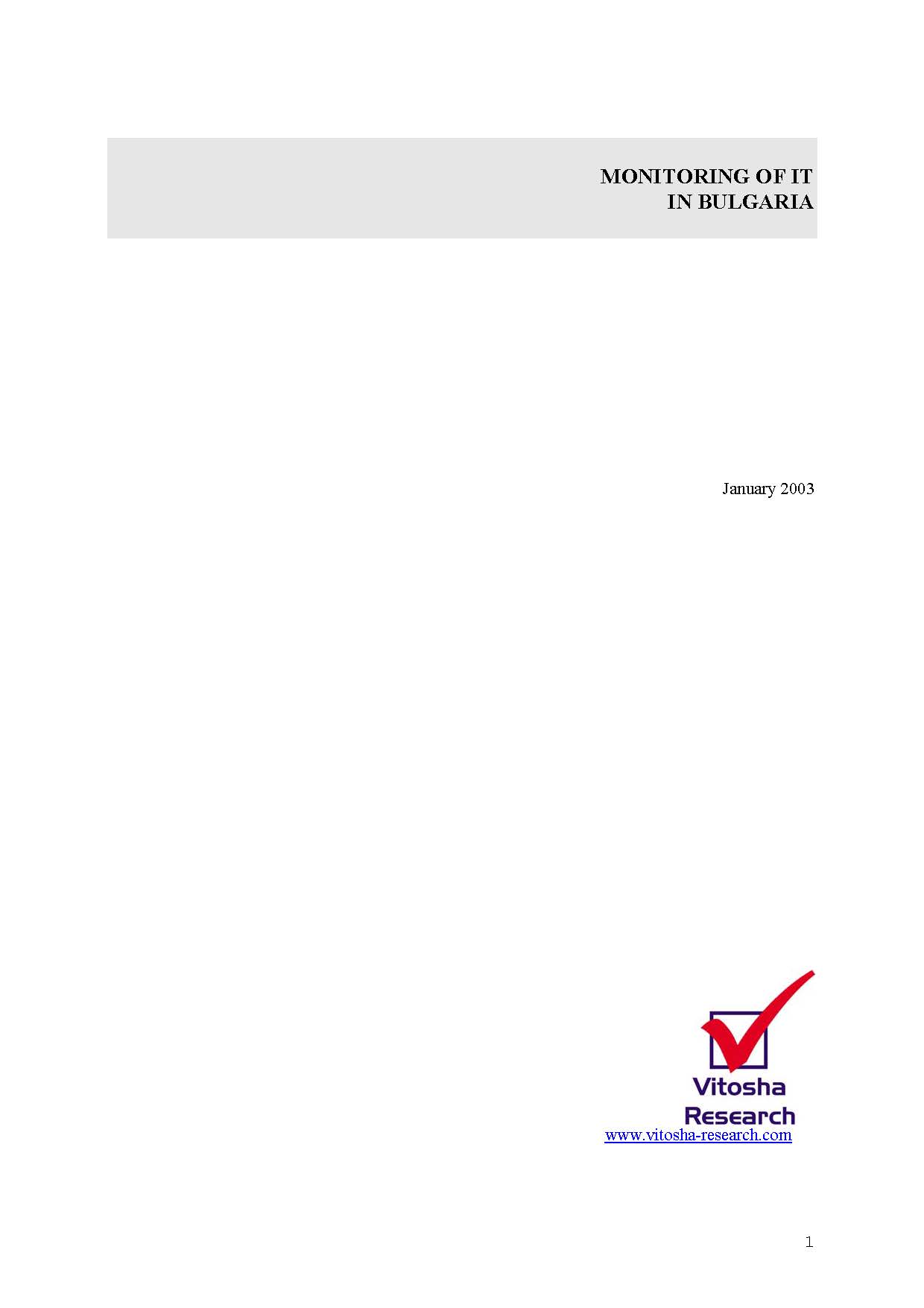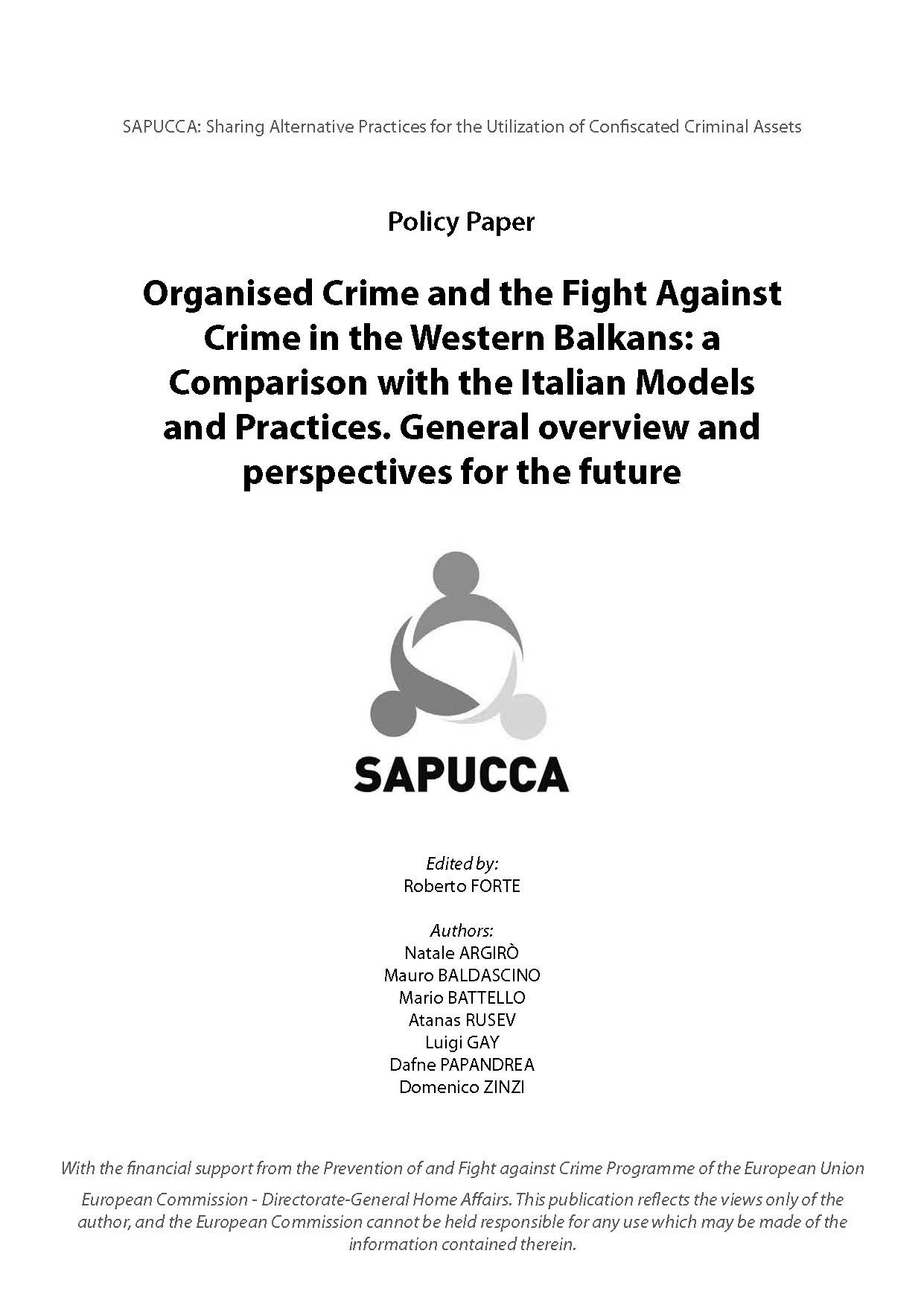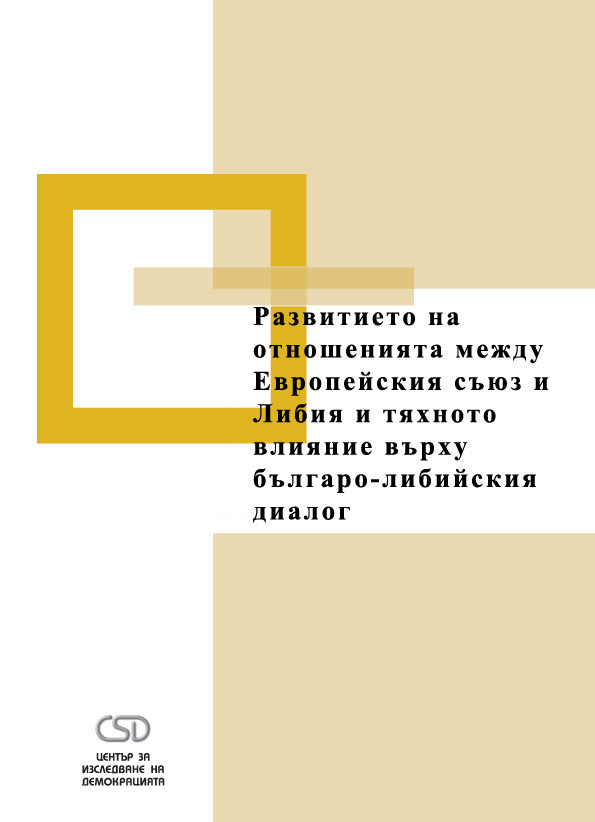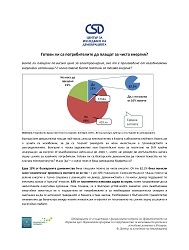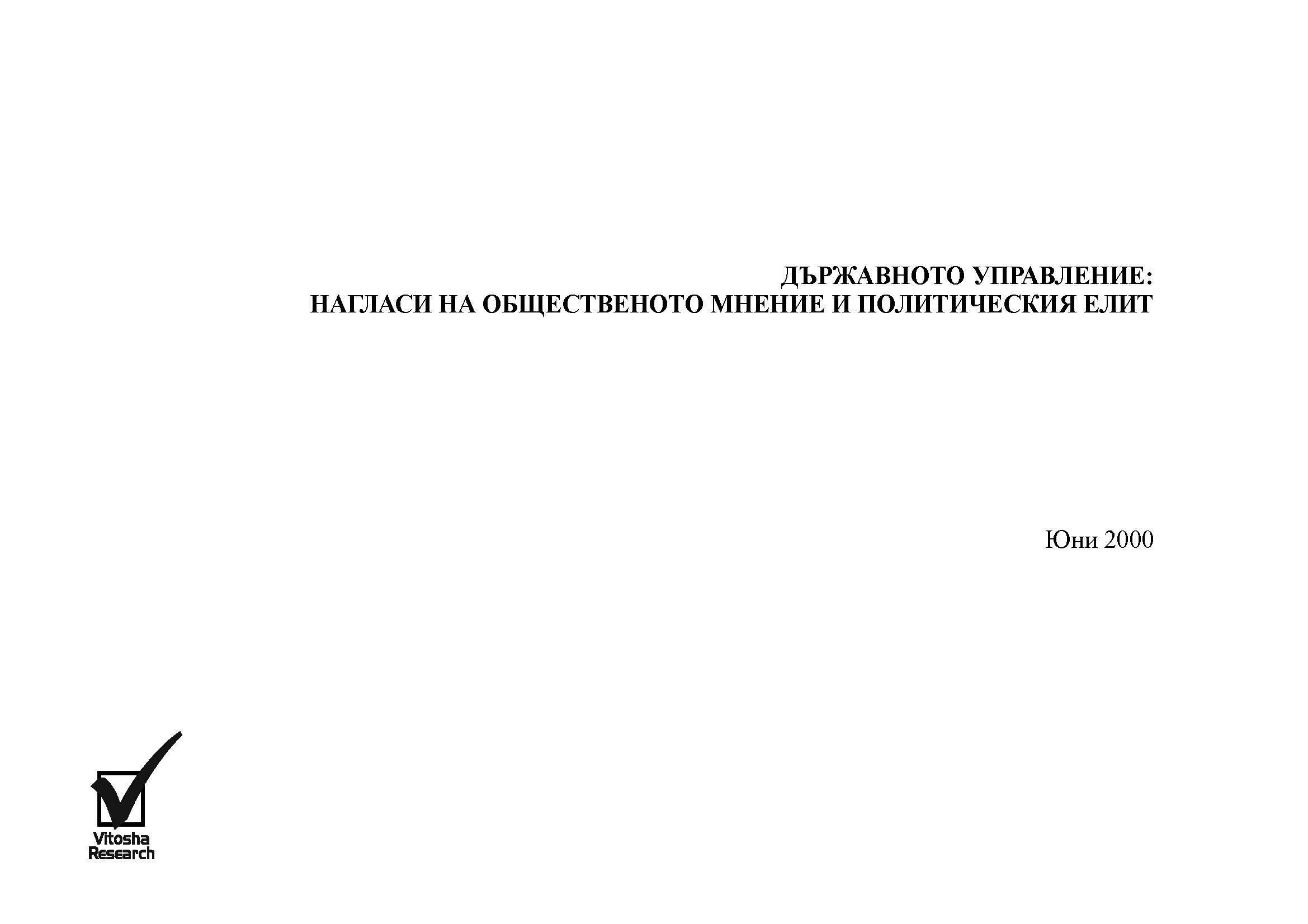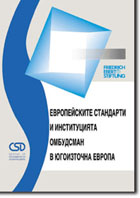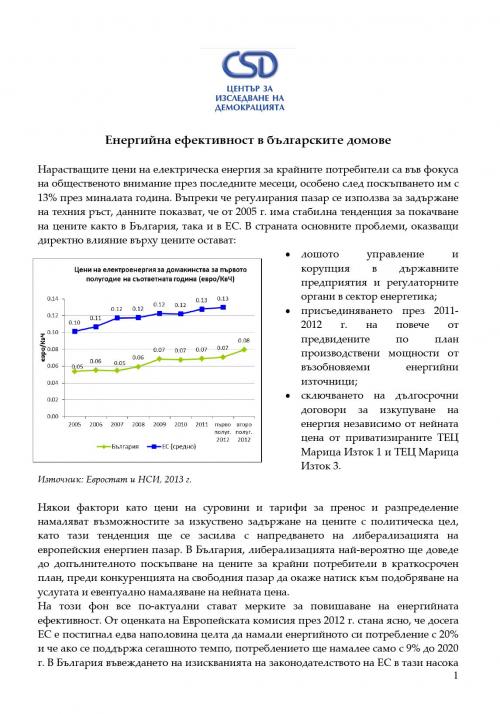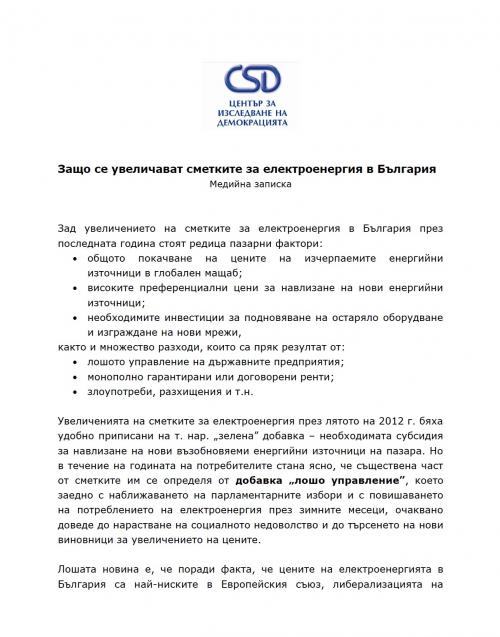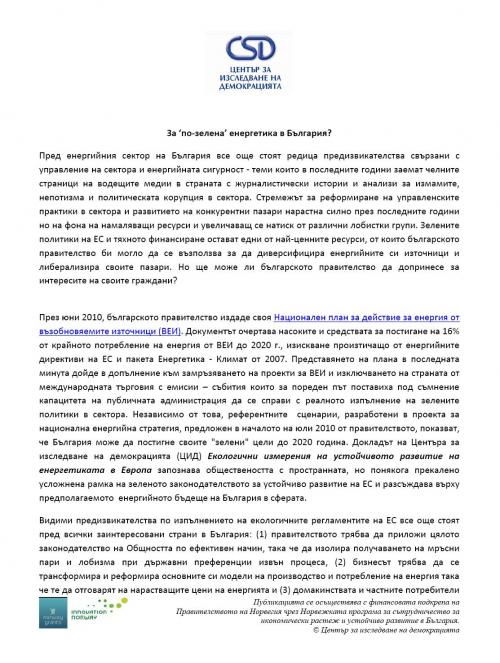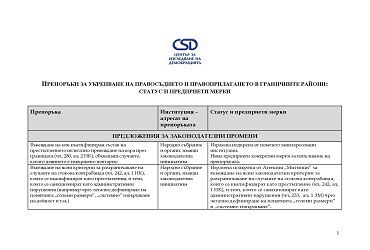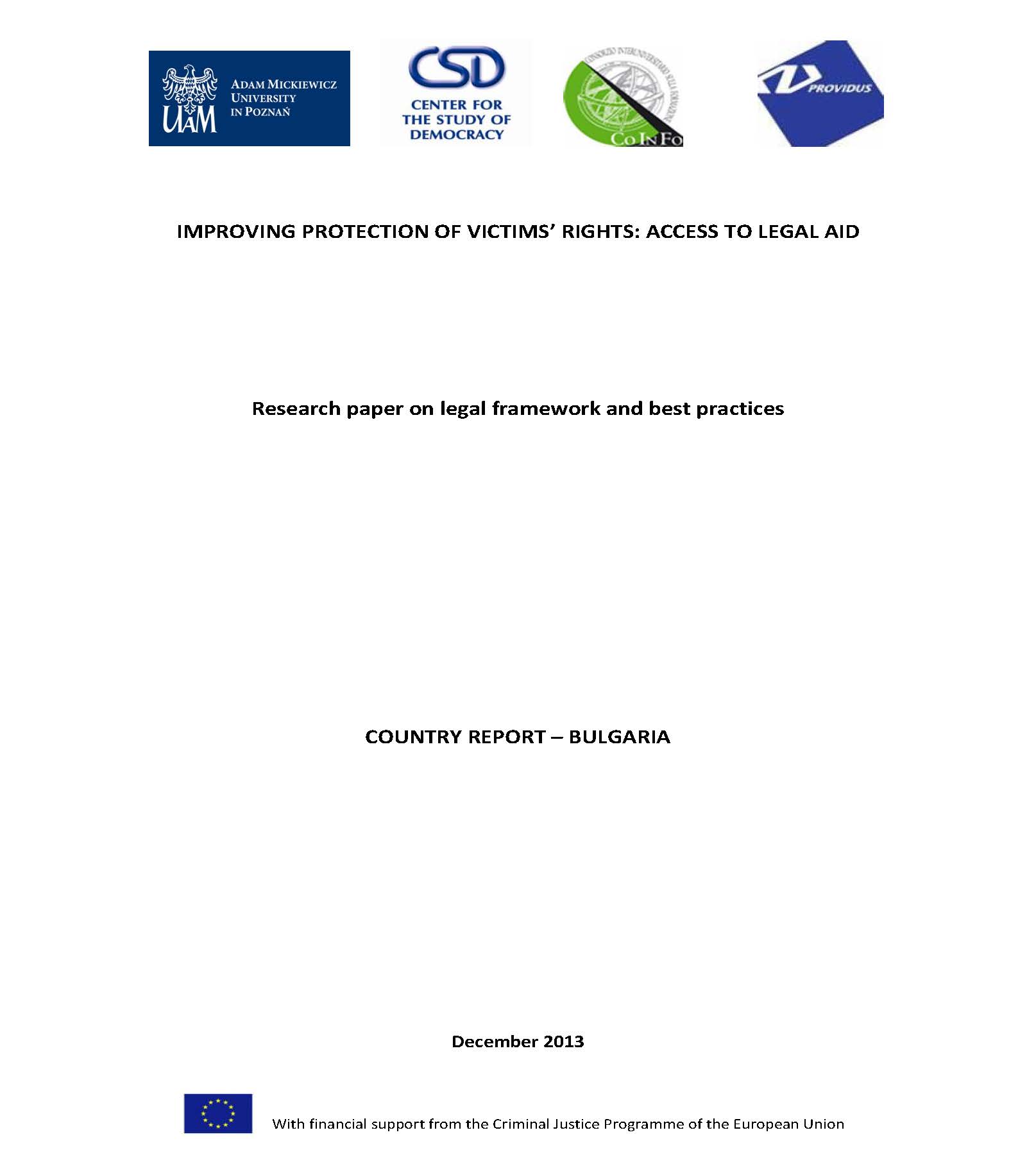
Improving Protection of Victims’ Rights: Access to Legal Aid. Research paper on legal framework and best practices. Country Report – Bulgaria
The report explores whether the victims of crime receive sufficient information about their legal situation, who is entitled to legal aid and what its scope and extent is. The document also relates the opinions of various institutional, private and NGO stakeholders, approached by CSD researchers, on the situation of victims, as regards their access to legal aid and advice. A number of recommendations are given as to the improvement of the legislative and practical framework of legal aid to victims. The national report on legal aid for victims of crime was prepared within the framework of the Improving Protection of Victim’s Rights: Access to Legal Aid initiative.
More...
